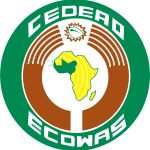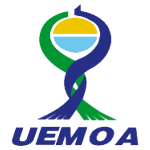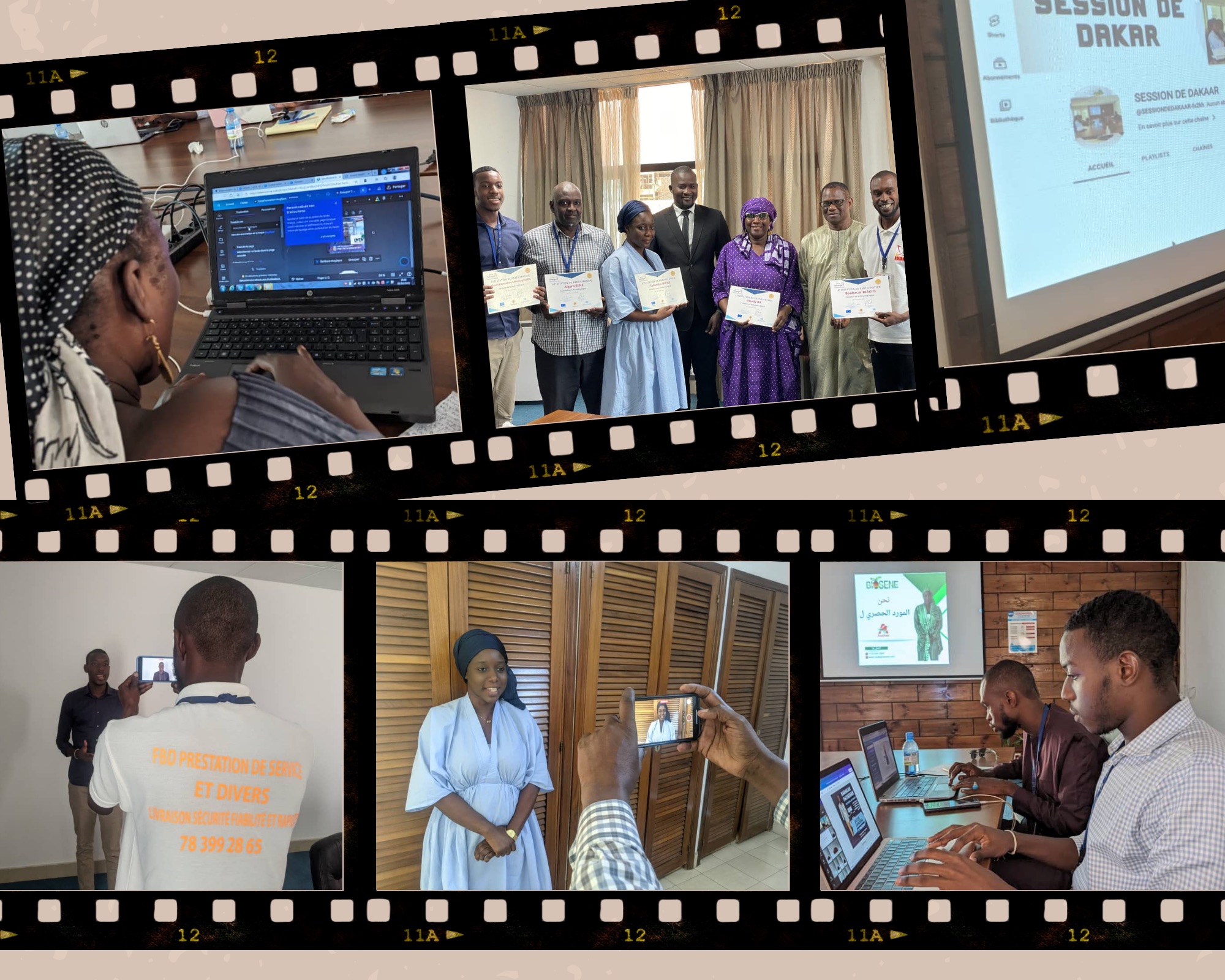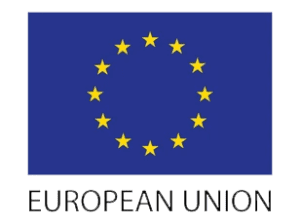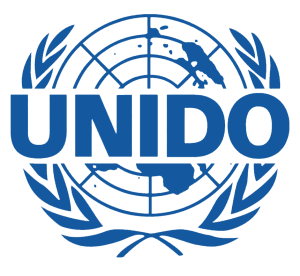
In the context of the Bissau-Guinean component of the EU-funded West Africa Competitiveness Programme (WACOMP), implemented by UNIDO, 30 national participants received training on the Hazard Analysis and Critical Control Point System, HACCP, and on ISO standard for Food Safety Management System, ISO 22000. This virtual training was the first of its kind, as the target audience was expanded to all WACOMP components managed by UNIDO, which allowed additional 30 participants to benefit from the training. The 60 participants who attended the training came from nine different countries in the region: Guinea-Bissau, Guinea, Ghana, The Gambia, Benin, Burkina Faso, Côte d’Ivoire, Liberia and Togo. Given their success, these joint training sessions will gain momentum and go mainstream across the WACOMP components.
In his opening remarks, Christophe Yvetot, UNIDO’s representative for Senegal, Guinea-Bissau, The Gambia, Cabo Verde and Mauritania emphasized that the “training sessions on HACCP and ISO 22000 are crucial to provide capacity building in the fields of food safety assurance and management for persons responsible for performing conformity assessment activities, and technicians related to food safety and quality of reference companies.”
The WACOMP Programme is funded through a 116-million-euro contribution under the 11th European Development Fund and it includes one regional and 16 country components. The objective of the programme is to strengthen the competitiveness of West Africa and enhance the countries’ integration into the regional and international trading system. UNIDO has been entrusted with the implementation of the WACOMP regional component, as well as six country components, namely Ghana, Guinea, Guinea-Bissau, Sierra Leone, The Gambia, and a component of Cabo Verde, With a portfolio of 29 million euro, UNIDO is the main implementing agency of WACOMP.
For more information contact Bernard Bau (B.Bau@unido.org)

